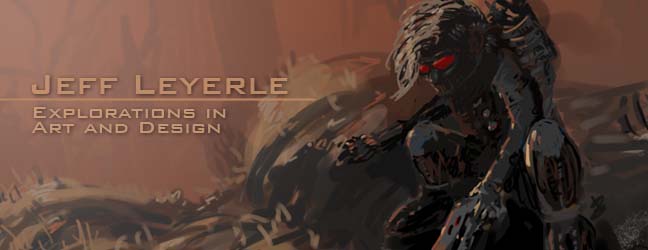Design can be applied in a seemingly infinite variety of forms nowadays. Lifestyle Design has been something very intriguing to me since reading The Four Hour Work Week by Tim Ferris. I've been experimenting with different forms of lifestyle design described in the book and one that I keep coming back to is simplicity in the home. Getting rid of (or letting go of) the stuff that you really don't need in your life.
The thought entered my mind last week that I would "get rid of all my books." I own under 100 books, so it didn't seem like a big deal. The weekend went by and I hadn't even touched a book. I would look at the bookshelves and think "I need to get rid of these," but nothing would happen....until....
Enter the Life Zero podcast that can be found on iTunes. I'm always looking for interesting things about people and somehow randomly came across this website last year. This tech guy shares his life and ideas about simplicity, travel, philosophy and programming on his website and podcast. I sat in bed and listened to a recent podcast (I don't think I've listened to one since last year) and he talked about downsizing his library of 1500 books down to 20.
The simplicity he used was the arbitrary number of books to pick. He picked 20 books for himself since maybe he reads 20 books a year, and if he gets a new book, one out of his 20 has to go, so he only has a collection of 20 books at one time. A-HA! There was a new way of looking at "getting rid of books." Instead of trying to eliminate, look at what you want to keep. I don't read many books, maybe a few a year. So 10 books is my number. That sounds so tiny. But I immediately went to the bookshelf to pick my 10 books to "keep." Some are one's I've always planned to read, some are one's dear to my heart, some I'd like to re-read. But finding those was a cool and fun treasure hunt, and the rest I threw in boxes ready to take to the used book store or give to friends.
An insight from the zero guy (I can't find his name anywhere) was that he used his library to impress friends and to feel comfortable about his home surroundings. His bookshelf had no "use" to himself or anyone else, other than prop up his ego. That insight allowed him to let it go because it wasn't really valuable anyway.
On another note, something I noticed in Taiwan was the simplicity people there lived in. A small apartment with very few interesting things. Very simple and uncluttered. Not everyone lived this way, but when I stayed with families stayed simple, the energy of the home was very relaxing and comfortable. It seemed the more money they made, the more simple the life. Millionaires hardly had anything in the home. It was an eye opener.
So simplicity can be a matter of perspective and it's certainly very personal to each individual. What do I really need here? What am I really using? Do I intend to used this or just feel good about buying it? A piece of wall art or sculpture may not be useful like a fork or refrigerator, but added to the home in a simple way, can create a very nice space to live in.
I find these kind of experiences fun and interesting. Tiny experiments that can keep life flowing and not stagnating.
If you have any of your own stories, feel free to comment and leave feedback!

No comments:
Post a Comment